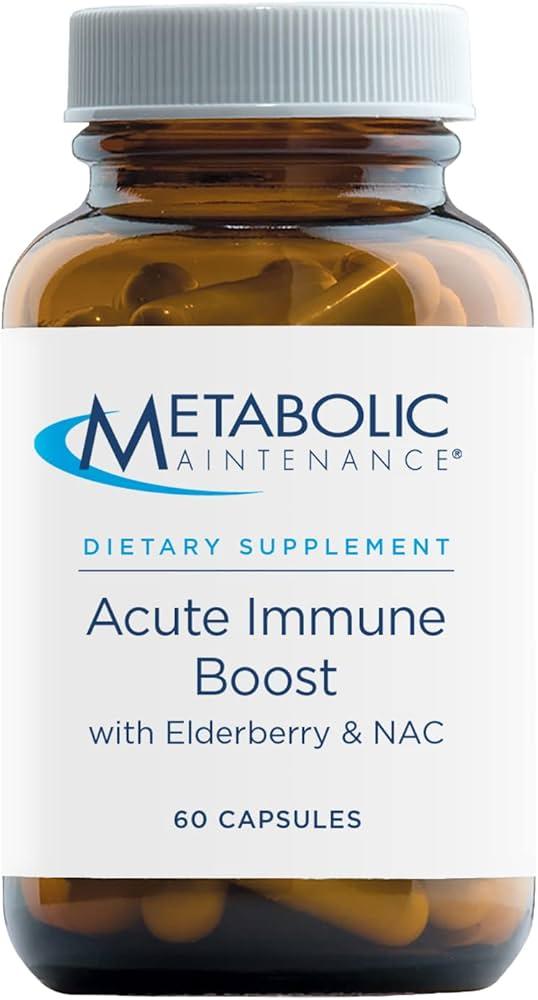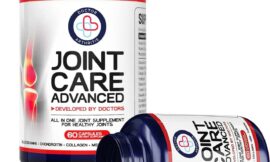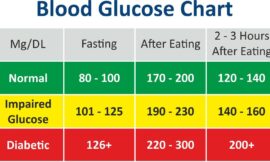In the intricate dance of life, our immune system plays the unsung hero—constantly vigilant, tirelessly working to protect us from countless microscopic foes. Just as a well-tuned instrument produces a perfect melody,a healthy immune system operates in harmony,adapting to the changing seasons and the diverse challenges they bring. But how do we keep this vital defender strong and resilient throughout the year, not just in the peak of flu season or the throes of winter? Maintaining a robust immune system is less about dramatic measures and more about steady, mindful habits that nourish and support our body’s natural defenses. In this article, we explore practical strategies to help you cultivate and sustain immune health, ensuring you stay strong and balanced no matter what the calendar says.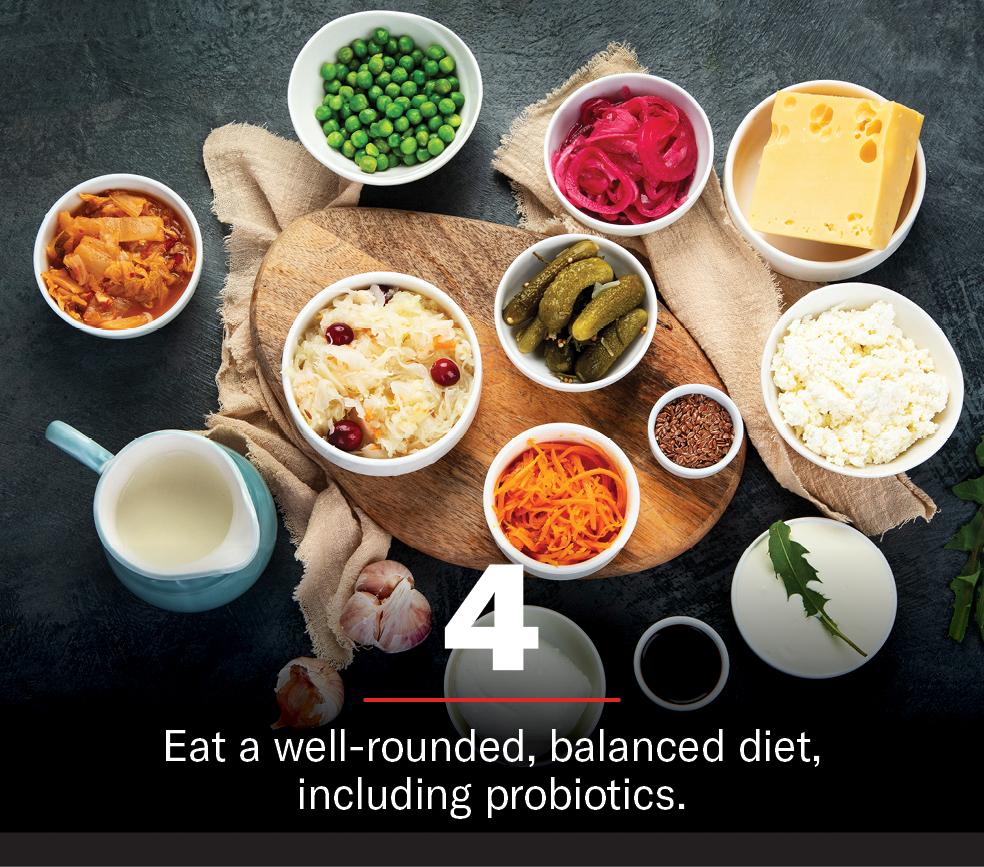
Building a Balanced Diet to Boost Immunity Naturally
A key to fortifying your body’s natural defenses lies in understanding the power of a well-rounded diet. Incorporating a diverse array of nutrients doesn’t just satisfy hunger—it fuels your immune cells, optimizes inflammatory responses, and accelerates recovery. Focus on fresh fruits and vegetables rich in antioxidants like vitamin C and E; these compounds combat oxidative stress and support white blood cell function. Foods like citrus fruits, berries, spinach, and bell peppers should be staples.Don’t overlook the role of healthy fats, particularly omega-3 fatty acids found in fish and flaxseeds, which help regulate the immune system and promote cell dialog.
beyond choosing the right foods, balance is vital. A combination of macronutrients—proteins, carbohydrates, and fats—ensures sustained energy and optimal nutrient absorption. Include lean proteins such as chicken, legumes, or tofu that provide essential amino acids necesary for building antibodies. Whole grains, rich in fiber and B vitamins, feed gut bacteria crucial for immune health. Here’s a rapid guide to build your plate:
- Colorful veggies: kale, carrots, beets
- Protein sources: lentils, turkey, eggs
- Whole grains: quinoa, oats, brown rice
- Healthy fats: avocados, nuts, olive oil
| Nutrient | Primary Role | Top Food Sources |
|---|---|---|
| Vitamin C | Antioxidant, supports white blood cells | Citrus fruits, strawberries, broccoli |
| Zinc | Enables immune cell function | Shellfish, seeds, nuts |
| Vitamin D | Modulates immune response | Fatty fish, fortified dairy |
| Probiotics | Supports gut microbiome balance | Yogurt, kimchi, sauerkraut |
For evidence-based guidance on nutrient-rich foods, visit the British Nutrition Foundation. Staying informed about key micronutrients can empower you to make choices that naturally boost immunity without supplements.
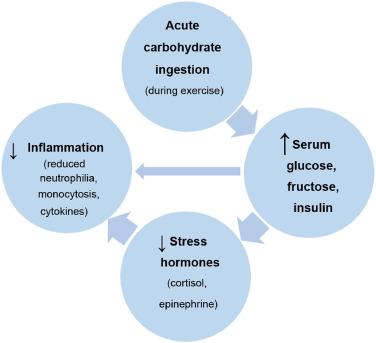
Incorporating Regular Exercise for Strengthened Immune Defense
Engaging in consistent physical activity is a powerful strategy to bolster your body’s natural defenses. Exercise stimulates the circulation of immune cells, allowing them to detect and target pathogens more effectively. Even moderate workouts such as brisk walking, cycling, or yoga can promote the production of anti-inflammatory cytokines and enhance the function of immune systems�������� key players in combating infections. Beyond short-term benefits, regular exercise also contributes to long-term immune surveillance, reducing the risk of chronic diseases that compromise immunity.
To optimize your immune health through exercise, consider integrating the following practices into your routine:
- Variety and Balance: Combine cardiovascular, strength training, and adaptability exercises to avoid overstrain and promote comprehensive wellness.
- Consistency: Aim for ≥150 minutes of moderate-intensity exercise weekly, as recommended by the World Health Association.
- recovery: Ensure adequate rest and sleep to support immune cell regeneration and prevent immune suppression.
| Exercise Type | Immune Benefit | Recommended Duration |
|---|---|---|
| Brisk Walking | Enhances circulation of immune cells | 30 mins/day |
| Strength Training | Increases production of infection-fighting proteins | 2-3 times/week |
| Yoga & Meditation | Reduces stress hormones that suppress immunity | 15-20 mins daily |
For further insights into the connection between physical activity and immune regulation, visit the Centers for Disease Control and Prevention and explore evidence-based guidelines from National Institutes of Health.
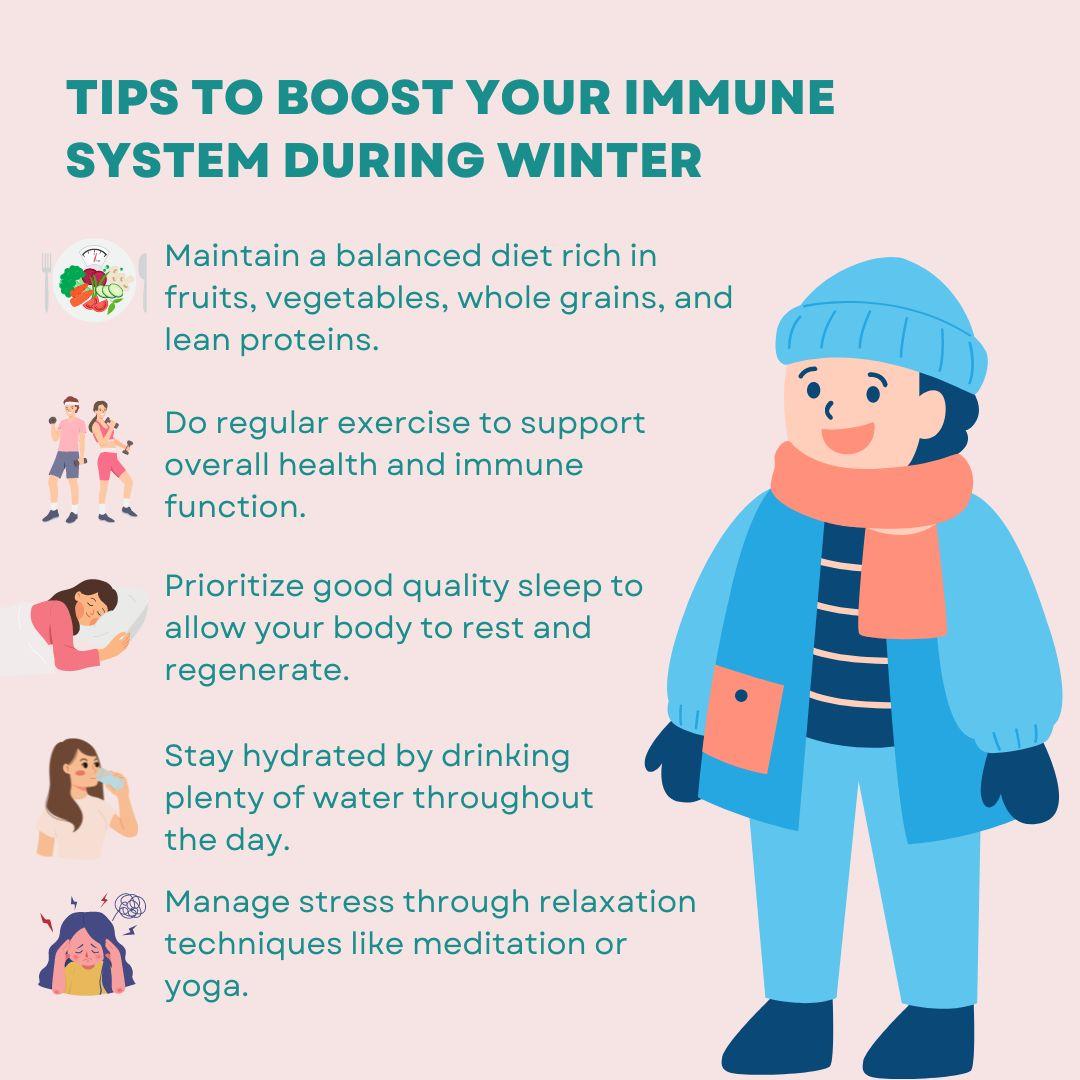
prioritizing Sleep and Stress Management for Optimal Health
Quality rest is a cornerstone of a robust immune system, yet it is often underestimated in everyday wellness routines. When sleep is disrupted or insufficient, the body’s ability to fend off pathogens weakens significantly. During deep sleep phases, the body produces cytokines, proteins essential for immune responses that help combat infections and inflammation. To create an surroundings conducive to restful sleep, consider establishing a consistent bedtime ritual, such as dimming lights early or practicing relaxation techniques like meditation or gentle yoga before bed.
Managing stress is equally vital, as chronic stress elevates cortisol levels, which can suppress immune function over time.Integrating stress reduction strategies into your daily life not only nurtures mental well-being but also primes your immune defenses. Simple yet effective practices include:
- Mindfulness meditation to bring awareness and calm to the present moment.
- Regular physical activity, such as brisk walking or tai chi, to release tension and improve mood.
- Balanced social interactions which provide emotional support and a sense of belonging.
For more insights on sleep hygiene and stress management, visit information resources like CDC Sleep and Sleep Disorders and American Psychological Association Stress Resources.
| Activity | Recommended Duration | Immune Benefit |
|---|---|---|
| Sleep | 7-9 hours/night | Enhances cytokine production |
| Meditation | 10-20 minutes/day | Reduces cortisol levels |
| Exercise | 30 minutes/day | Stimulates immune surveillance |
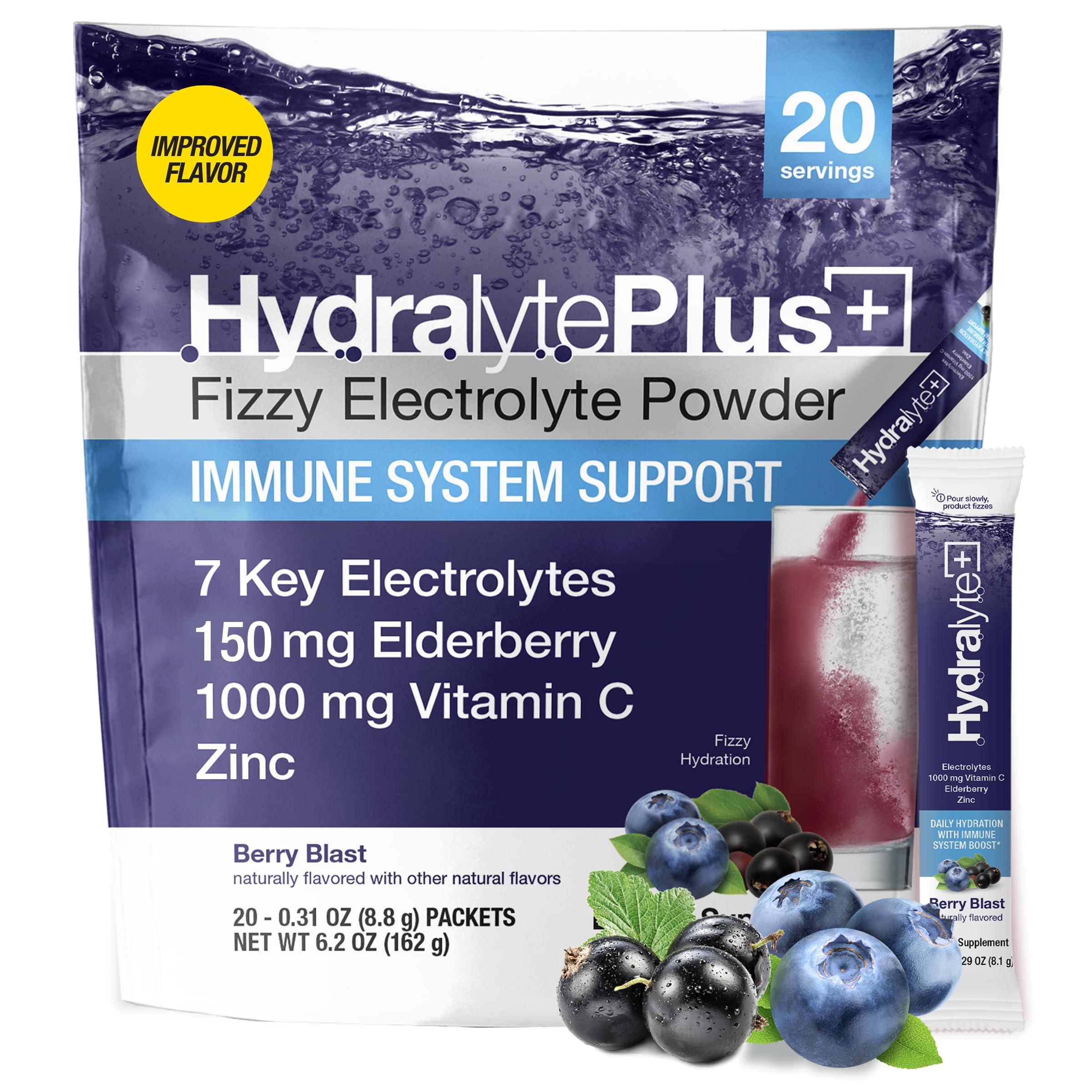
Harnessing the Power of Hydration and Mindful Supplementation
Proper hydration serves as the cornerstone for keeping your immune system robust and responsive. Water not only flushes toxins out of the body but also transports vital nutrients to cells, facilitating efficient immune function. A well-hydrated system promotes optimal lymphatic flow, allowing immune cells to move freely and combat pathogens more effectively. To maximize the benefits of hydration, consider incorporating these tips into your daily routine:
- Start your day with water: Kickstart your metabolism and replenish overnight fluid loss by drinking a glass of water first thing in the morning.
- Include hydrating foods: Cucumbers, watermelon, and oranges are tasty ways to boost hydration while providing antioxidants.
- Monitor caffeine and alcohol intake: Both can dehydrate, so balance them with ample water consumption.
Mindful supplementation acts as a strategic ally when dietary intake alone falls short of nutritional needs. Supplements like vitamin D3, zinc, and probiotics have been extensively studied for their roles in immune support. Though, it’s essential to choose high-quality products and avoid megadoses that could disrupt your natural immune balance. Below is a quick guide to common immune-boosting supplements and their suggested benefits:
| Supplement | Key Benefit | Recommended Use |
|---|---|---|
| Vitamin D3 | Supports immune cell function | 1000-2000 IU daily |
| Zinc | Enhances antiviral response | 15-30 mg daily |
| Probiotics | Balances gut microbiome | Varies by strain |
The Way Forward
Maintaining a resilient immune system isn’t about chasing quick fixes or seasonal bursts of effort—it’s a lifelong commitment woven into the fabric of daily habits.By nourishing your body with balanced nutrition, staying active, managing stress, and embracing restful sleep, you equip yourself with the tools to face whatever challenges come your way. Remember,a healthy immune system is your steadfast ally,quietly working behind the scenes to keep you thriving every day of the year.So, nurture it wisely, and let wellness become your natural state.


